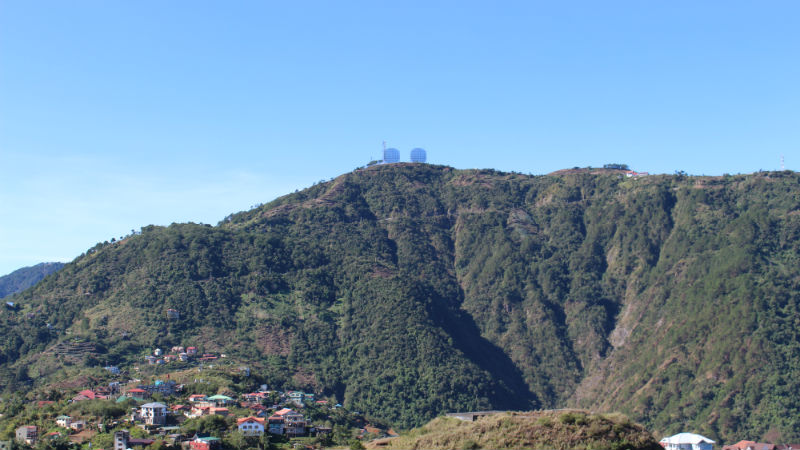The city is now offering a portion of its 139-hectare property in Sto. Tomas School Area to serve as permanent site for the proposed modern waste-to-energy plant that will produce renewable energy to be sold to the Benguet Electric Cooperative (BENECO).
City Administrator Bonifacio dela Peña reported that there are 2 renewable energy companies that have signified their intention to put up the modern waste-to-energy plant using different technologies to contribute in the efforts of the local government to address the city’s solid waste disposal problem and produce quality renewable energy.
He admitted that the ongoing negotiations with the private property owner and the Sablan municipal government by the Metro Global Renewable Energy Corporation is not progressing thus the city decided to offer the use of a portion of its city-owned property for the aforesaid project.
The city administrator claimed that the proposed waste-to-energy project will be built within the jurisdiction of the city although it might take longer for it to be realized but it is important that there will be significant progress in the implementation of this renewable energy project of the city through a public-private partnership.
According to him, the implementation of the proposed waste-to-energy project had already been seriously delayed because of the problem on the potential sites earlier identified until such time that city officials decided to offer to the proponents a portion of the city-owned property to avoid prolonging the delays of the put up of the plant.
Earlier, the Metro Global Renewable Energy Corporation conducted a pre-feasibility study on this project in Sablan town within an 8,000-square meter private property with an estimated cost of around P3.1 billion.
One of the earlier sites proposed is a portion of the 10.2-hectare portion of the Baguio Dairy Farm that was ceded by the agriculture department to the city government to be done in partnership with the State-owned Philippine National Oil Company (PNOC) and a Japanese waste-to-energy developer.
However, dela Peña opined that the city will not proceed with the partnership with PNOC and the Japanese waste-to-energy company and instead, open the opportunity to interested developers that can offer to the city government the best deal using the city-owned property in Sto. Tomas School Area as the permanent site for the project.
Under the proposal of Metro Global Renewable Energy Corporation, the waste-to-energy plant can convert some 500 tons of garbage from the Baguio-La Trinidad-Itogon-Sablan-Tuba-Tublay (BLISTT) area to at least 10 megawatts of renewable power to be sold to BENECO.
By Dexter A. See
Photo by Armando M. Bolislis














